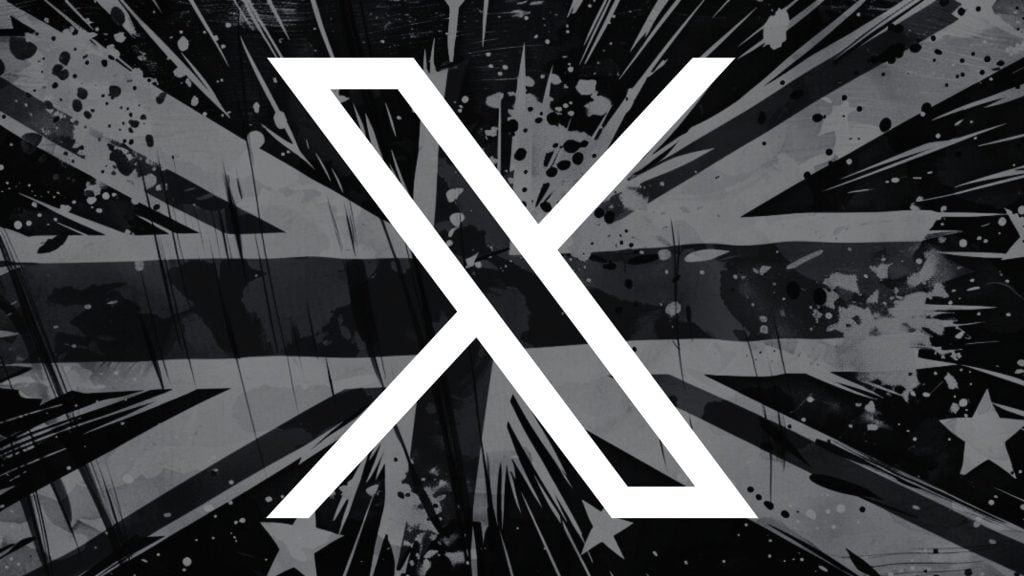California’s Department of Motor Vehicles is planning to test a mobile driver’s license, aka digital ID. The state might join three others, Colorado, Arizona, and Louisiana, that have already rolled out so-called mobile licenses.
Last year, the state’s legislature authorized the DMV to trial mobile driver’s licenses. So far, the DMV has not set a date for an official launch of the pilot project, but it is talking to several contractors.
According to the people advocating for them, digital licenses and IDs are more secure, private, and convenient. They also claim that digital IDs solve the “problem” of physical IDs.
In theory, with a digital ID, that bouncer can verify you are old enough without seeing all the other personal details usually recorded on a physical ID.
However, there are concerns about digital IDs, mainly privacy. Digital rights groups are concerned that digital IDs could allow the government or the companies developing the technology to track people’s movements.
The Arizona Motor Vehicle Division, which has already rolled out mobile licenses, argues that privacy has been addressed.
“Mobile ID, as implemented, is device to device,” a spokesperson for the division said. That means, the device used to verify your mobile license does not connect to the DMV.
“As the issuing authority, we do not know when or where these are used, as is the case with a physical, plastic license or ID,” the spokesperson added.
But the Electronic Frontier Foundation (EFF), a digital rights group, is not convinced that the device verifying mobile licenses do not connect to the agency that issues them, and the agency “doesn’t really effectively address how to limit this.”
The legislation that authorized the California DMV to test mobile licenses includes some provisions to protect people’s privacy. For instance, participation is optional, the app should not track users, only the information that is needed should be collected, and it should not require someone to hand over their device for verification.
Eventually, the success of the program will be dependent on widespread adoption. If there are not many people using the mobile licenses, or few places accepting them, the project is likely to fail, as is currently the case with the state’s digital ID, dubbed “Real ID.”
If you're tired of censorship and dystopian threats against civil liberties, subscribe to Reclaim The Net.









